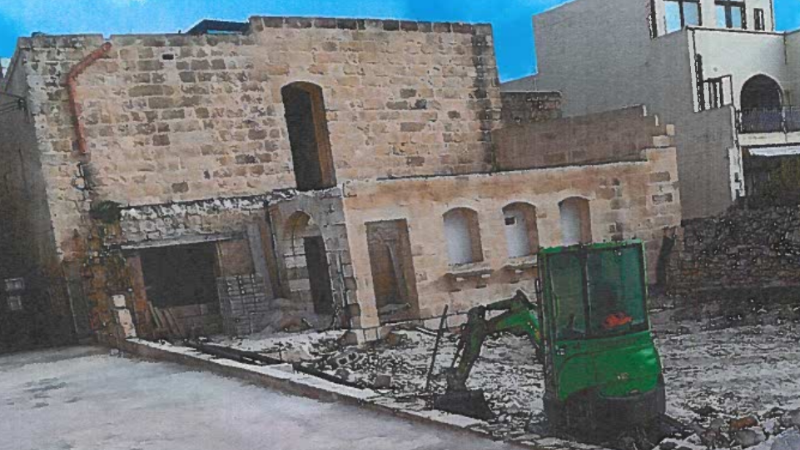The late Christopher Hitchens, scourge of humbuggery, once formulated a principle he immodestly dubbed Hitchens’ Razor, designed to shave off nonsense: An assertion made without giving evidence can be dismissed without evidence.
It’s tempting to wield the razor when faced with Identity Malta’s latest response to the news that yet another Maltese-passport buyer, Anatoly Hurgin, is accused of serious fraud charges – in both the US and Israel. That’s five violations of US federal law and a swathe of employees in Israel arrested on suspicion of fraud, smuggling and money-laundering.
Daphne Caruana Galizia had raised the alarm about Hurgin back in 2016 when he purchased citizenship. This website found out about Hurgin’s brushes with the law – those he had before buying a passport – using a simple Google search. But Identity Malta insists it has a rigorous system in place.
The system was “rigorous” when a passport was given to Boris Mints, a Russian billionaire well known to be close to President Vladimir Putin. Now his assets have been frozen by the UK courts. Identity Malta says it’s waiting for the outcome of the case.
It’s not obliged to wait. Being subject to a criminal investigation, and being a potential threat to national security or public policy, are all grounds for having one’s application for a passport turned down. Is there really no self-evident Maltese public interest here?
The system was also “rigorous” when Mustafa Abdel Wadood was arrested in the US only four months after his name appeared in the government gazette in December 2018. Yet, earlier that year his company was forced into massive liquidation and a Dubai watchdog began to investigate. He has now pleaded guilty to fraud and money-laundering in the US. He faces up to 125 years in jail and, alas, Identity Malta’s stern rebuke, since it eventually announced it will revoke his citizenship – after he pleaded guilty.
The system was ”rigorous” when Liu Zhongtian – a Chinese billionaire with a net worth of $2.9 billion – acquired citizenship in 2016. After all, could Identity Malta possibly have known he would be indicted in the US for evading $1.8 billion in aluminium tariffs?
Well, it could have had a hunch. In 2016, Caruana Galizia had pointed out a 2015 South China Post report that he and his family had been siphoning off money on a massive scale from a publicly listed Hong Kong company.
And the system was “rigorous” when Pavel Melnikov, another Russian, was vetted for his passport. How unfortunate that his company has been raided by the Finnish authorities, on the track of financial crimes, even if his modus operandi had been known for its “bizarre structures”.
At this point, you have to suspect that the system’s rigour is that of rigor mortis. Using Hitchens’ Razor, if Identity Malta provides no evidence for its standards, we are entitled to dismiss its claims without any evidence, too.
Except we do have evidence of what’s wrong. The “rigorous system” has wide scope for discretion at each stage, as has been shown in a 2018 report by Transparency International and Global Witness.
Do you have a criminal record? Identity Malta decides if it really matters. The agency boasts that around a third of applications are turned down. But when those that got through the vetting include characters as notorious as Hurgin, Mints and Zhongtian, you really have to wonder about what was on the record of the 107 applicants turned down in 2017/18.
Another element of discretion enters when your file is summed up in the letter that Identity Malta sends the minister about your application. The regulator that monitors the agency has found cases where the letter was not explicit enough about red flags raised in the file. The minister can act as he sees fit, while the letter’s careless (or is it careful?) omissions enable him to deny bad faith. (And we don’t even need to revisit the scope of nudges and winks boasted about by Chetcuti Cauchi Advocates, since suspended from the passport scheme.)
Finally, as we’ve seen in the case of Mints, even if the law catches up with you in another jurisdiction, Identity Malta still has discretion in deciding whether the Maltese public interest (the national reputation, for a start) is served by revoking your passport immediately or not.
Vĕra Jourová, the European Commissioner-designate for Values and Transparency, has already promised to make the system more transparent and discretion more accountable. Perhaps that is why the Budget announced last week that income from passport sales is expected to rise next year. Sell more before it becomes more difficult.
At least we know a rigorous system is in place.












